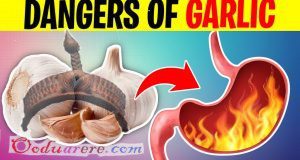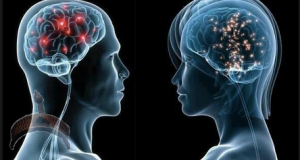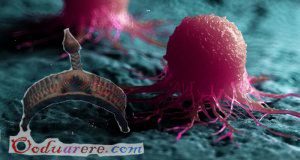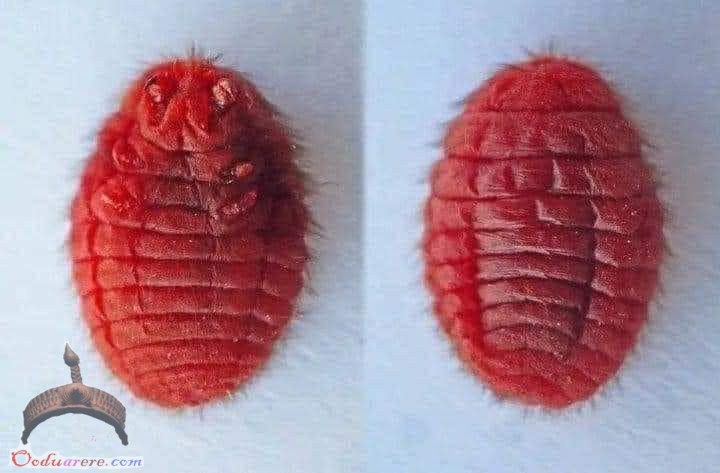Madagascar using own COVID-Organics to treat coronavirus, has recorded no death.
The world is facing one of the toughest times ever as it continues to battle an invisible enemy, COVID-19. The virus has claimed over 200,000 lives since it first surfaced in Wuhan, China in December 2019.
According to the information on worldometers, over three million people have been infected by the virus as at Thursday, April 30.
Despite the rising deaths in countries across the world, it appears Madagascar is doing something right.
The country has recorded 128 coronavirus cases, and 92 out of that number have recovered, leaving 36 active cases. Also, no death has been recorded in the country.
Madagascar is said to be using its own medicine to treat the virus. President Andry Rajoelina launched the herbal tea, named COVID-Organics, on Monday, April 20.
92 of Madagascar's 128 Coronavirus patients have recovered, leaving 36 active cases. None of them have died. Madagascar is using their own medicine to treat the disease.
— Africa Facts Zone (@AfricaFactsZone) April 30, 2020
President Rajoelina said: “All trials and tests have been conducted and its effectiveness in reducing the elimination of symptoms have been proven for the treatment of patients with COVID-19 in Madagascar.”
The herbal medicine developed by Malagasy Institute of Applied Research and branded COVID-Organics, contains Artemisia- a plant on the Island used in the fight against malaria.
However, the World Health Organization (WHO) has said there is no proof of a cure for Covid-19, warning against the widespread use of untested remedies.
Equatorial Guinea's Deputy Minister of Health, Mitoha Ondo'o arrived in Madagascar to take packages of Madagascar's Coronavirus medicine, Covid Organics back to Equatorial Guinea. pic.twitter.com/TkbEmrX0LQ
— Africa Facts Zone (@AfricaFactsZone) April 30, 2020
Madagascar’s national medical academy (Anamem) has also cast doubt on the efficacy Rajoelina’s touted coronavirus remedy, warning that no scientific evidence has been established that it works.
It said it had the potential to damage people’s health as its “scientific evidence had not been established”.

 Ọmọ Oòduà Naija Gist | News From Nigeria | Entertainment gist Nigeria|Networking|News.. Visit for Nigeria breaking news , Nigerian Movies , Naija music , Jobs In Nigeria , Naija News , Nollywood, Gist and more
Ọmọ Oòduà Naija Gist | News From Nigeria | Entertainment gist Nigeria|Networking|News.. Visit for Nigeria breaking news , Nigerian Movies , Naija music , Jobs In Nigeria , Naija News , Nollywood, Gist and more









